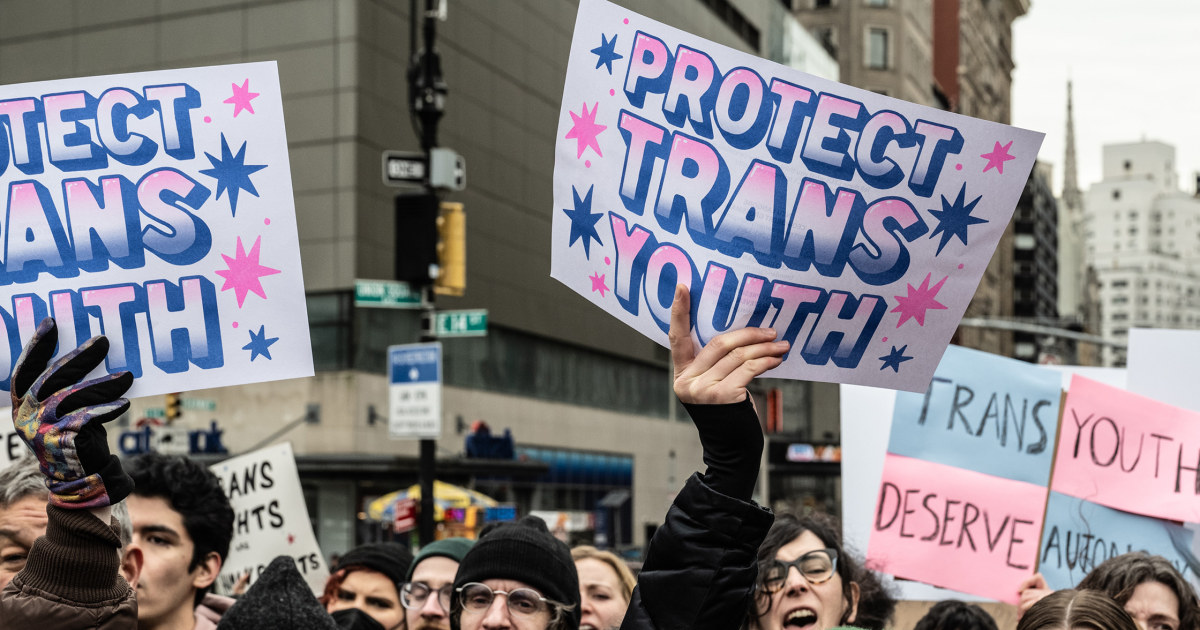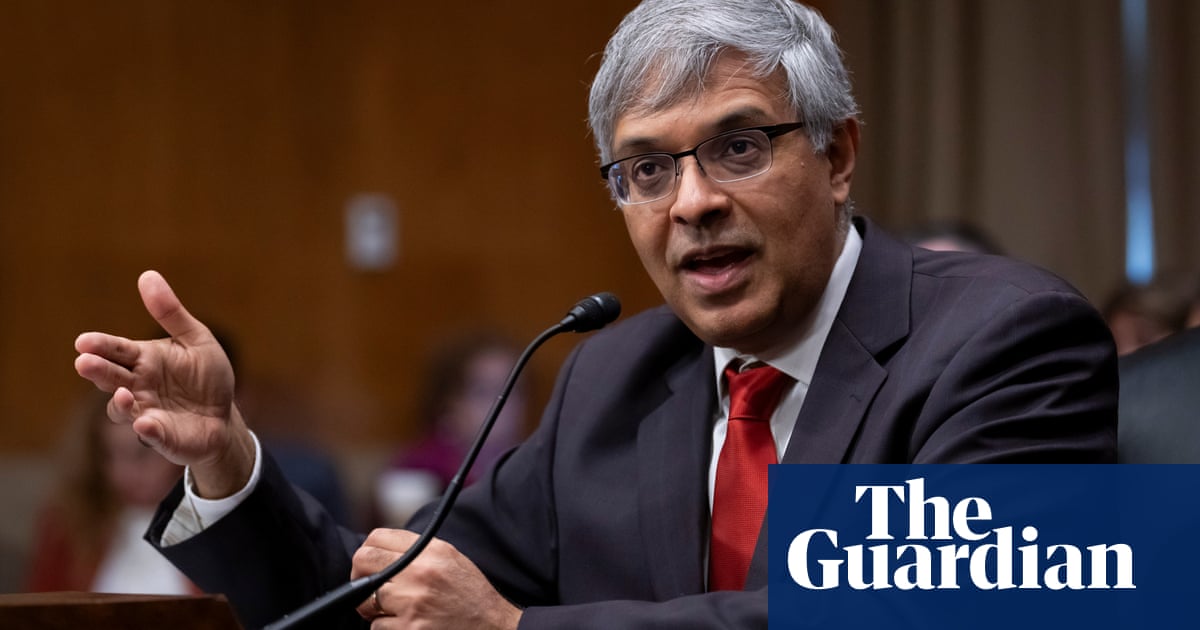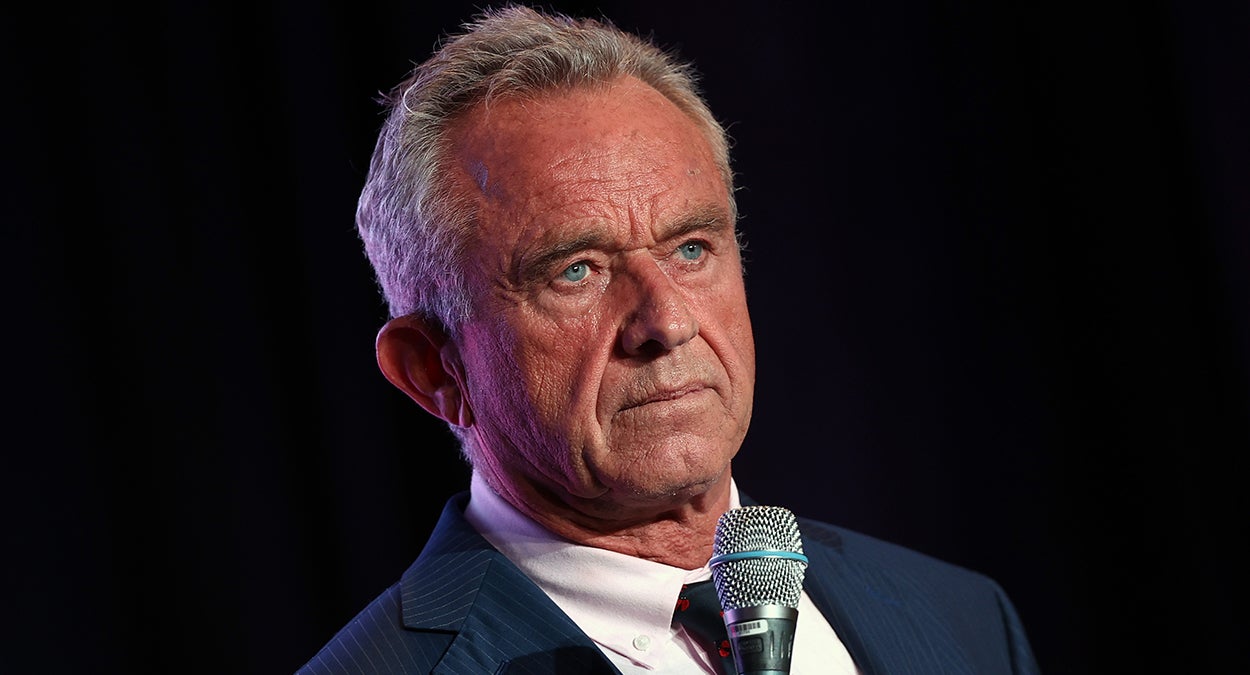HHS Report Critiques Gender-Affirming Care for Trans Youth, Sparks Controversy
A new HHS report questions the efficacy of transition care for minors, igniting backlash from medical associations and advocacy groups.
Subscribe to unlock this story
We really don't like cutting you off, but you've reached your monthly limit. At just $5/month, subscriptions are how we keep this project going. Start your free 7-day trial today!
Get StartedHave an account? Sign in
Overview
The Trump administration's new HHS report argues that evidence for gender-affirming care’s benefits for transgender youth is low, criticizing existing practices. The 409-page document asserts many doctors fail their patients by providing such care and calls for a return to psychotherapy over medical interventions. The HHS findings were met with strong backlash from major medical associations, who argue they misrepresent the medical consensus. Critics suggest the report mirrors discredited practices like conversion therapy, igniting political and legal debates, especially as a Supreme Court ruling on state bans approaches. The report may influence access to transition care nationwide.
Report issue

Read both sides in 5 minutes each day
Analysis
- The HHS review critiques the current practices for treating minors with gender dysphoria, indicating that many U.S. medical professionals may be falling short in prioritizing young patients' health interests, as the evidence surrounding the effects of transition-related care is found to be of low quality.
- The report highlights criticisms of established organizations like WPATH for potentially promoting biased guidelines while suggesting a lack of consensus in the medical community regarding the treatment and care for gender dysphoria, calling for more comprehensive research and transparency.
- The HHS review emphasizes exploratory psychotherapy as a viable non-invasive alternative to medical interventions, while also noting the ongoing debate over the quality of evidence supporting both the risks and benefits of gender-affirming care.
Articles (14)
Center (4)
FAQ
The report was prompted by an executive order issued by President Trump, which mandated that the federal government should not support gender transitions for anyone under age 19.
The HHS report contrasts with guidelines from major medical associations like the American Medical Association and the American Academy of Pediatrics, which support gender-affirming care as potentially life-saving for transgender adolescents.
Critics argue that the report misrepresents medical consensus and may mirror discredited practices like conversion therapy, sparking concerns about access to transition care.
The report advocates for a greater reliance on behavioral therapy, rather than medical interventions such as puberty blockers or hormone therapy, for transgender youth.
History
- 6M

 6 articles
6 articles












